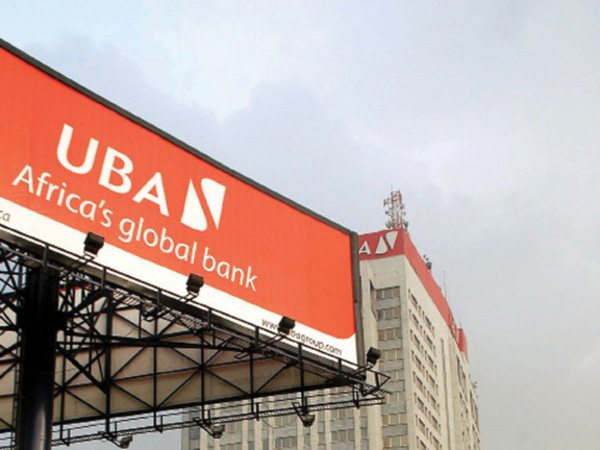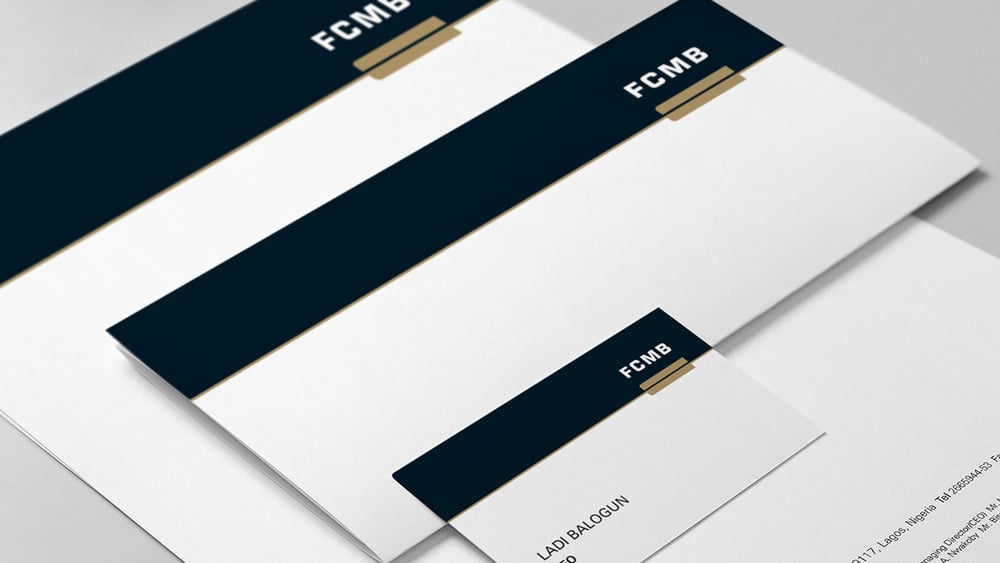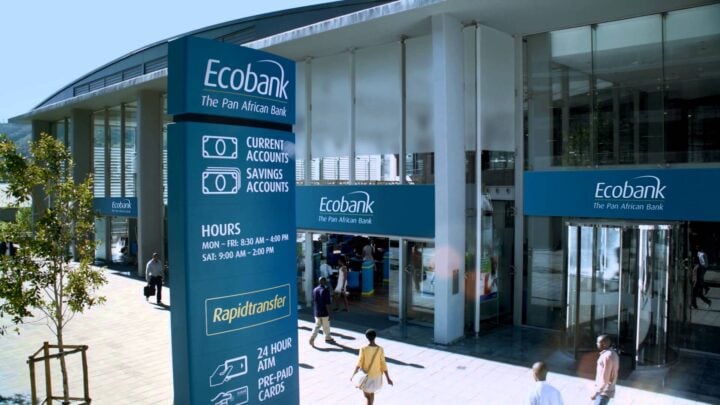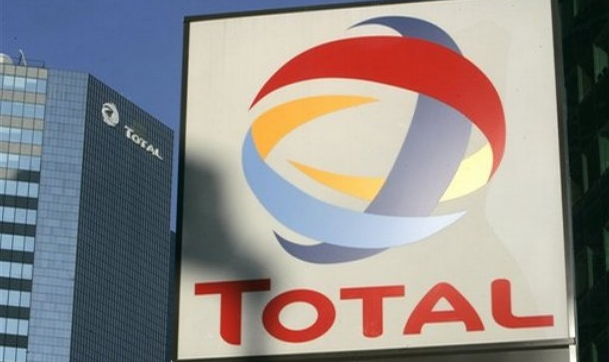United Bank for Africa (UBA) applied strict matching of costs and revenue in the second quarter and that enabled it to prevent profit from declining amid revenue constraint that is affecting the banking sector generally this year. From the first quarter position however gross earnings accelerated in the second quarter and the full year revenue outlook for UBA has improved.
Profit was slightly up for the bank year-on-year at the end of June while revenue was slightly down. The earnings weakness came from interest income but this was remedied by an increase in non-interest income. This is a reversal of the position last year when interest income exclusively accounted for the growth in revenue while non-interest income dropped.
The summary of the bank’s operations in the second quarter is that management prevented costs from rising. Apart from impairment charges for credit losses, which tripled during the period, the other two major cost lines of the bank declined year-on-year. Nevertheless, there was a loss of profit margin in the second quarter compared with the bank’s top raking profit margin in the first quarter.
Gross earnings amounted to N165.58 billion for UBA at the end of June, which is a slight decline from N165.74 billion in the same period last year. Interest income, the main revenue line of the bank, declined by 6.6% to N107.42 billion but a drop of 14.4% in interest expenses compensated for the decline. This is unlike last year when the bank raised interest income by a clear 19% at the end of the year.
Advertisement
Based on the second quarter growth rate, gross income is projected at N332.7 billion for UBA at the end of 2016. That will be an increase of 5.7% over the full year revenue of N314.83 billion the bank posted in 2015. Revenue growth has been decelerating for the bank in the past few years and the trend is expected to be maintained in the current year.
The decline in interest income is despite a growth of 25% in loans and advances at the end of June while interest cost also dropped despite a growth of 16% in customer deposits. This indicates declines in both the average interest yield and cost of funds. The bank carries a net credit portfolio of close to N1.3 trillion.
The only major cost increase recorded in the second quarter came from impairment charges for loan losses, which surged up by 207.8% to N6.82 billion. The increase was covered by a rise of 22% in fees and commissions. Impairment charges are growing rapidly for the second year after a growth of 59% in 2015.
Advertisement
Total operating cost was marginally reduced at N69.11 billion at the end of the second quarter, which lowered the operating cost margin slightly from 42.1% in the same period last year to 41.7% at the end of June.
The bank posted an after tax profit of N32.62 billion at the end of the second quarter, a marginal improvement over the corresponding figure last year. The ability to keep profit from falling in the face of inability to grow revenue speaks of effective cost control on the part of management. Profit margin is slightly improved at 19.7% on year-on-year basis though it declined from 22% in the first quarter.
Based on the growth rate in the second quarter, after tax profit is projected at N66.1 billion for UBA at the end of 2017. That will be an increase of 11% over the last year’s figure of N59.65 billion, slowing down from a top growth record of 24.5% in 2015.
UBA earned 94 kobo per share at the end of the second quarter, which is unchanged from the figure it earned in the same period last year. It has announced an interim dividend of 20 kobo per share for shareholders on the company’s register by 12th September while payment is scheduled for 19th September, 2016.
Advertisement
The bank is expected to earn N1.82 per share at the end of the year based on the full year profit projection. The bank earned N1.79 per share at the end of last year and paid a cash dividend of 40 kobo per share to shareholders.







